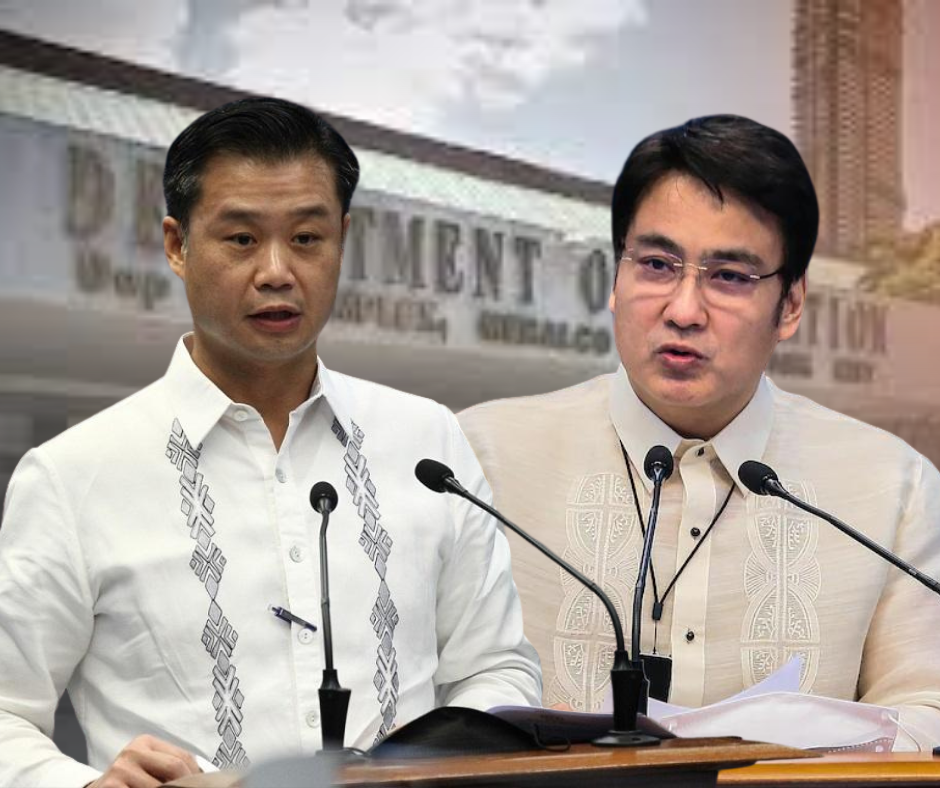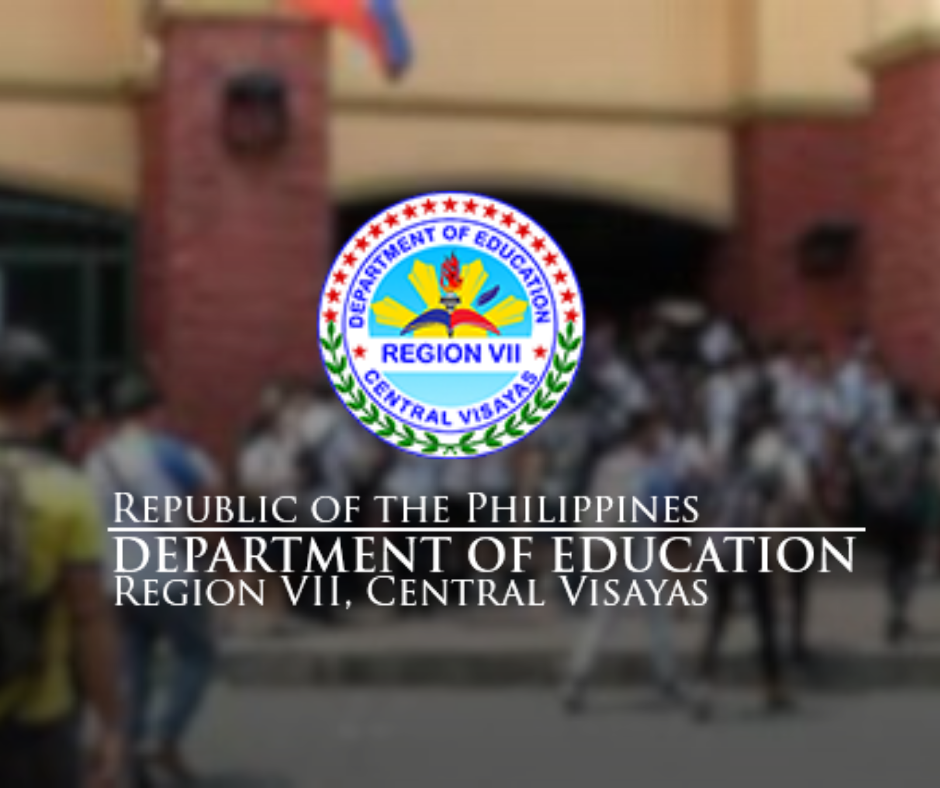Teacher who claims breakthrough in age-old math number theories draws flak

A public high school math teacher from Quezon claims he has made a groundbreaking discovery related to prime numbers that could solve long-standing problems in mathematics and impact internet security.
Danny Calcaben, who has taught mathematics for nearly two decades, believes his formula could be “the most significant mathematical discovery of the 21st century.”
His work, he said, could advance number theory and allows him to address the Goldbach conjecture and the twin prime conjecture, two famous unsolved problems in mathematics.
Beyond the world of pure numbers, he said it could also bring significant outcomes in other fields like cryptography and improving internet security.
Calcaben expressed his excitement in a letter to President Ferdinand Marcos Jr. whom he sought for support to protect his work from threats of plagiarism.
“The significance of this formula makes it an attempting target for those who might seek to claim it as their own,” he wrote.
No ‘magic wand’
However, not everyone is convinced of Calcaben’s claims. Some commenters noted that a basic search reveals no previous publications or collaborations, suggesting that Calcaben’s assertions lack the necessary academic backing.
Some have taken Calcaben’s method of seeking help from the president for a lack of knowledge on the basic need for a peer review to confirm findings.
For Socioeconomics Researcher Jaime Manalo IV, the prestige he has shown for the president even sends a dangerous message.
“Nakakatakot na kumalat ang ganung konsepto na parang may magic wand ang Presidente. Kakalat siya sa milyun-milyong estudyante,” Manalo said in a Facebook post.
Dean at the UP Los Baños Graduate School Dr. Jomar Rabajante commented that there are “more appropriate” venues in seeking help.
He suggested contacting organizations like the National Research Council of the Philippines or the Mathematical Society of the Philippines instead. Rabajante also recommended submitting the proof as a preprint on Arxiv for example, then to a reputable math journal, and presenting it at math conferences.
Causing misinformation
While he notes celebrating achievements is good, Rabajante emphasized the need for better education on the scientific publishing process. Posting such claims on social media “could be immature and may mislead people” if the solution turns out wrong.
Meanwhile, Manalo also raised concerns over the “full support” other teachers immediately threw behind the math teacher without being shown details of his work, suggesting a poor quality of critical thinking among teachers and its impact on fake news in digital culture.
“Hindi malayong isipin na maaring dito na din nagmumula ang mabilis nating pagtitiwala sa fake news. Ito ay basic knowledge sa mga institution ng ating lipunan na dapat ay nababatid natin sa elementary level pa lang. Ang simpleng post na iyon ay napakakumplikado. Marami tayong kailangang pagnilayan bilang lipunan [ It’s not hard to imagine that our quick trust in fake news might also start here. This is basic knowledge in the institutions of our society that we should already know at the elementary level. That simple post is very complicated. There are many things we need to contemplate as a society],” he added.


